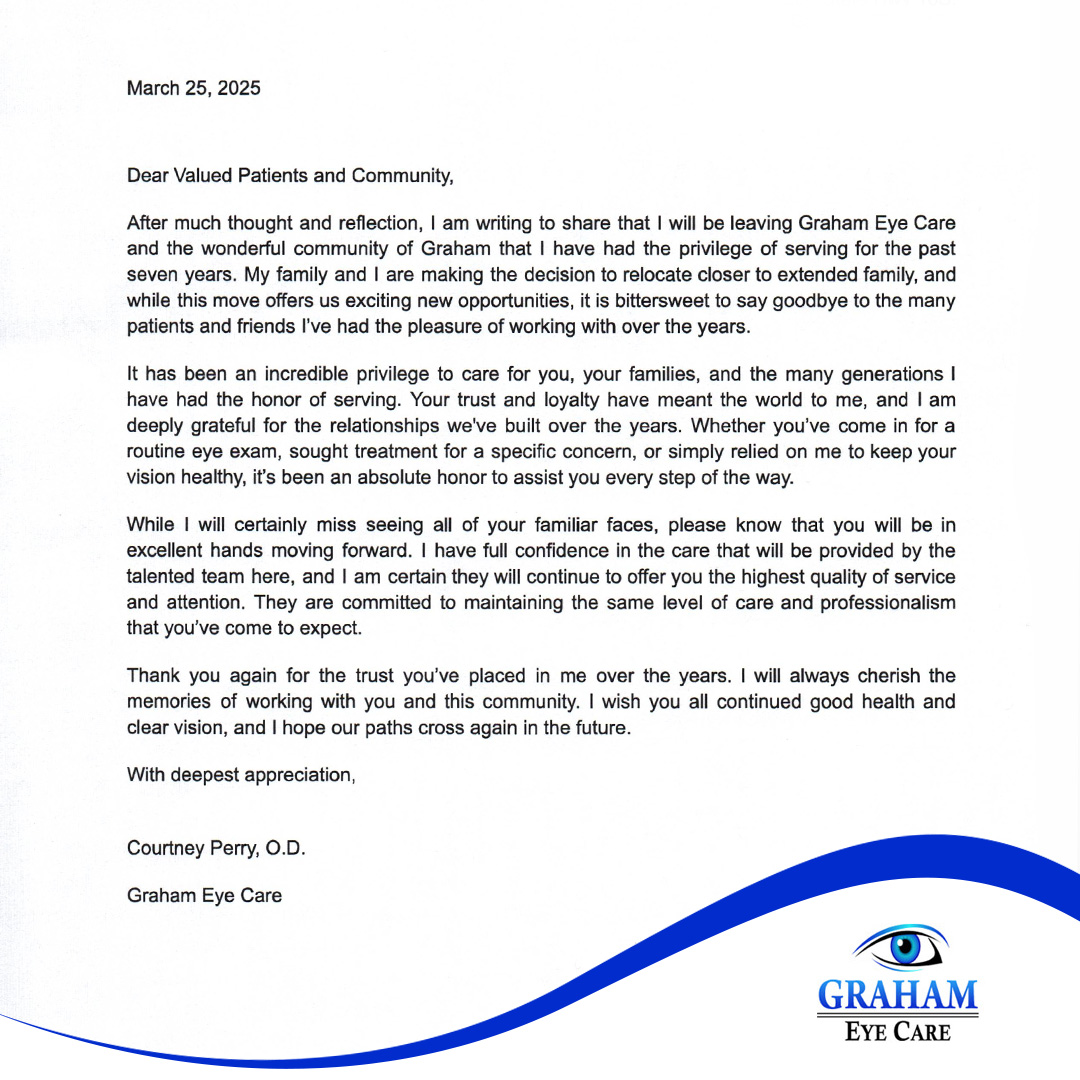
When you hear the words UV light, you probably automatically think about protecting your skin from the harmful effects of the sun. However, our skin isn’t the only thing that can be affected by radiation from the sun. It’s equally as essential to protect our eyes from UV too. Here’s what you need to know about how UV affects our eyes and vision and why it’s important to protect them.
About UV Light
There are three varieties of UV light, but we only need to worry about two of them. These are UVA and UVB light. We may not be able to see them, but they can penetrate the earth’s atmosphere and reach us down on the ground.
Many people are most familiar with UVB since it is closely linked to sunburn and skin cancer. However, UVB doesn’t only affect our skin. It can also be very damaging to our eyes. When UVB reaches the eyes, it affects the cornea which is the clear, domed lens covering the front part of the eye. UVB causes issues such as excessive watering, irritation, redness and soreness, and sensitivity to light.
UVA is the other type of UV light that can reach us. While it also plays a role in skin cancer, it also penetrates much more deeply into the body and eyes, causing the cells inside our bodies and eyes to change. This means that UVA passes through the cornea and reaches the internal structures, like the retina and macula where it causes damage.
Eye Problems Caused by UV
UV light is responsible for a range of different eye conditions, including the following:
Photokeratitis: also known as corneal sunburn, occurs when UV light causes painful inflammation. Symptoms include excessive watering, blurred vision, and sensitivity to light, as well as severe eye pain.
Photoconjunctivitis: this condition is characterized by inflammation of the conjunctiva, which are the mucous membranes inside the eyelids and around the eyeball. Photoconjunctivitis is painful and causes similar symptoms to photokeratitis.
Pinguecula and Pterygium: both of these are growths that occur in the eye as a result of UV exposure. Pinguecula is a yellow/white growth that forms on the conjunctiva that can be irritating and sore, while a pterygium is a soft, fleshy growth on the white part of the eye that can grow large enough to block part of your vision.
Cataracts: Cataracts are normally associated with older people, but they can occur at any age and studies show that they are more common in people who have had prolonged exposure to blue light. They occur when the proteins in the lens of the eye begin to clump together and cause our vision to become cloudy. Without treatment, patients with cataracts will become completely blind.
Macular degeneration: this progressive condition occurs when part of the retina, called the macula, starts to deteriorate. The macula is responsible for our detailed and color vision, so if the cells break down, it can significantly affect our vision and make day-to-day activities much harder.
It’s also important to note that the skin around the eyes can develop cancerous cells too. Any unusual discoloration, growth, or lesions should be assessed as soon as possible.
How to Protect our Eyes From UV Damage
UV damage is progressive. This means that the longer you leave your eyes unprotected, the more likely you are to suffer the effects of exposure and the worse they will get. Fortunately, there are effective ways to protect our eyes. The simplest and most successful is to wear sunglasses, which aren’t just a fashion accessory. However, since not all sunglasses have the same UV light blocking abilities, it’s essential to choose a pair that will keep your eyes safe. Look for a label or sticker on your chosen sunglasses that states that they have been tested and are rated as being 99-100% effective at blocking UV light. They may say UV400 on the label. Choose a style that fits fairly close to your face as this will limit the amount of UV that will be able to filter around them. Wear sunglasses whenever possible when you spend time outdoors since UV is present all the time, not just on sunny days!
For more advice on protecting your eyes from UV light, don’t hesitate to speak to our expert eye care specialists in Graham, TX at (940) 549-1800.








